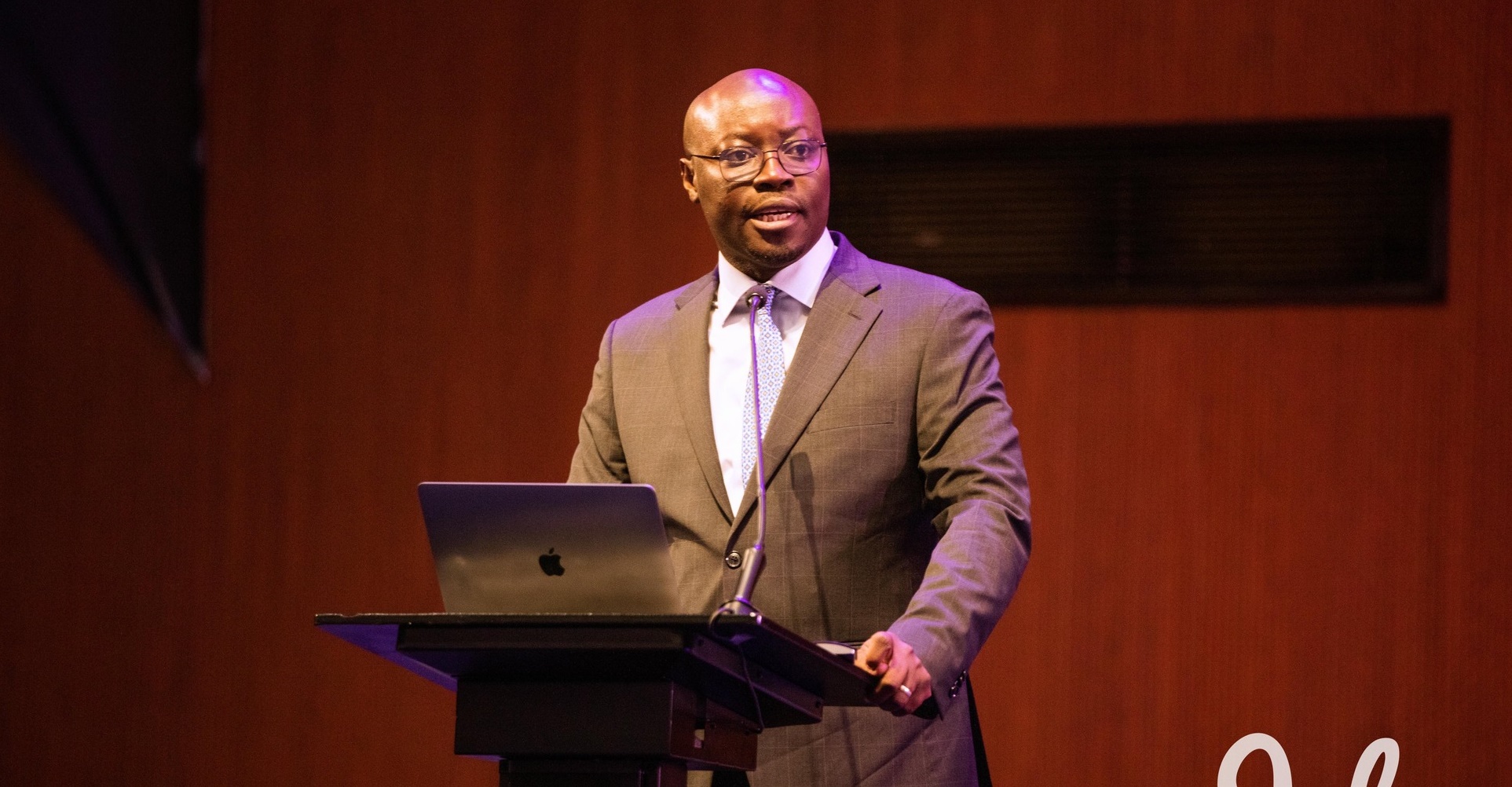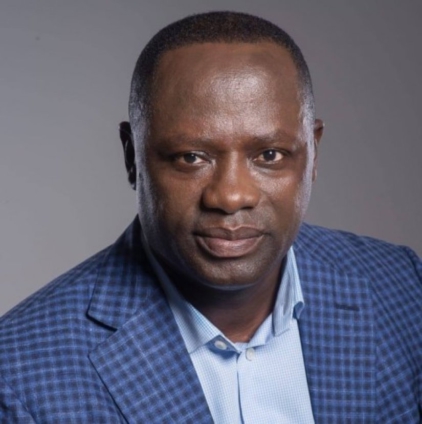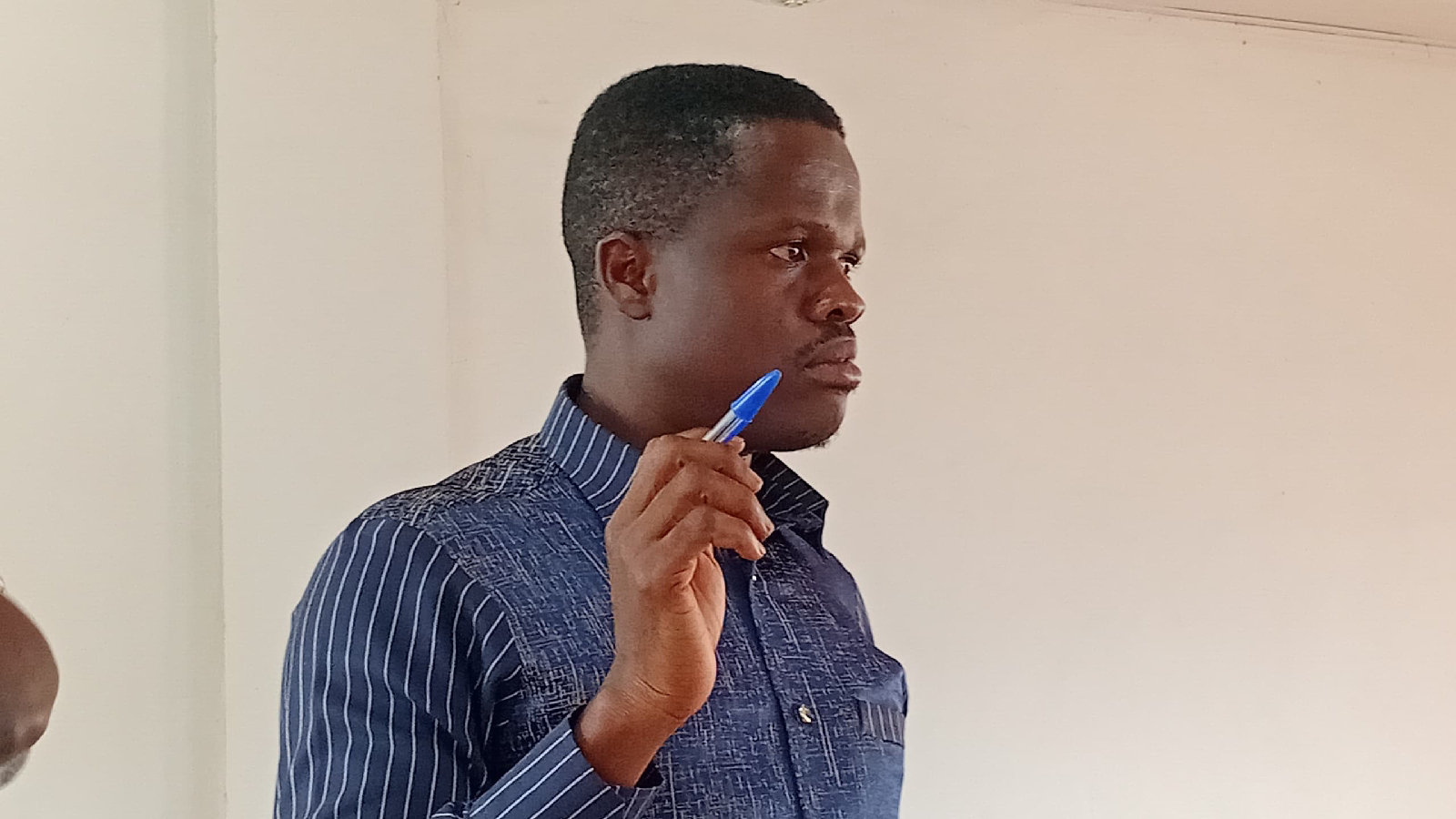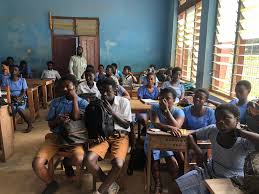Ghana is banking on gold to stabilise its currency, as Finance Minister Dr. Cassiel Ato Forson told Parliament that earnings from the Ghana Gold Board are now central to shoring up the country’s foreign reserves.
Addressing Parliament during a debate on the Energy Sector Levy Amendment Bill on Wednesday, Dr. Forson said the cedi would remain stable against major foreign currencies, thanks to new strategies involving the direct transfer of foreign exchange earnings from gold sales to the Bank of Ghana.
“I want to assure the people of Ghana that the currency will remain stable. The Ghana cedi will remain strong. The Ghana cedi is doing well, and this trajectory will continue,” he told the House.
The Finance Minister noted that in its first full month of operations — May 2025 — the Ghana Gold Board purchased 11.4 tonnes of gold, generating $1.2 billion in revenue that has since been lodged with the central bank.
“That money has gone to the central bank. And the central bank will use this to build enough reserves to intervene for the currency to be strong,” he added.
The comments mark a firm positioning of gold as a critical asset in Ghana’s bid to manage inflation, ensure macroeconomic stability, and protect the cedi from speculative shocks. It comes at a time when many Ghanaians have expressed concern over rising living costs and currency depreciation.
Dr. Forson dismissed assertions that the current exchange rate stability is due to a slowdown in government spending. Instead, he attributed the improvement to targeted reforms, strategic resource utilisation, and a firm commitment to fiscal discipline.
“We mean well. Prices have fallen, inflation is coming down, we can see prices of goods coming down daily — this will continue, and so, you should be happy,” he said. “I stand by my promise to deliver low prices, stable cedi, and good jobs for the people of Ghana.”
The minister’s remarks also served as a political assurance, underlining the National Democratic Congress’s (NDC) resolve to maintain economic resilience in the face of external pressures.
“Mr Speaker, I want to assure members of this House that the NDC will find ways to stabilise the cedi,” he told lawmakers.
The Finance Ministry’s plan to leverage Ghana’s gold resources, rather than rely solely on international borrowing or donor support, signals a shift toward home-grown economic solutions. For decades, the cedi has struggled to hold value amid import dependency, global shocks, and unstable commodity markets.
The new strategy, which channels mineral wealth into foreign exchange buffers, may set a precedent for future policy directions, particularly in resource-rich African economies grappling with similar currency challenges.
With inflation reportedly easing and the cedi relatively stable in recent weeks, government officials are keen to maintain momentum ahead of the mid-year budget review. However, economic analysts remain cautiously optimistic, pointing to external risks such as global oil prices and U.S. monetary policy that could still impact the cedi’s performance.
















